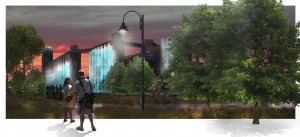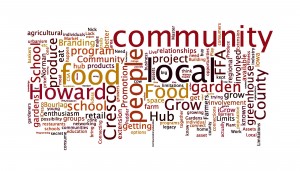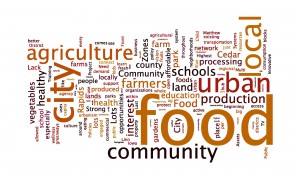Des Moines
Neighborhood Network Design with Policy Change
Phase One : Des Moines is a vibrant city, with numerous strong grassroots food initiatives making large strides, particularly in terms of organization, production and distribution. As we continue to work with Des Moines, we will focus on better connecting these initiatives, creating neighborhood and municipal networks of agricultural urbanism tactics including: community and school gardens, food hubs, and local grocers through both programming and physical infrastructure amenities, i.e. alleyway designs, complete streets, and edible landscaping. The existing amenities and gaps will be analyzed to understand neighborhoods with strong local food systems that can bridge to neighborhoods that are lacking access to local food programming. To further support the existing programs, we will analyze existing policies affecting agricultural urbanism and suggest policy interventions that better support these programs. For example, we will look at how land use policies can be improved to increase access to land for agricultural urbanism through vacant lot programs. We will also identify new potential markets and community health opportunities as leading factors in shaping Des Moines’ approach to food systems.
Phase Two : Through extensive inventory of existing conditions and analysis by mapping, patterns have emerged. These patterns are the indicators of the current health of the agricultural community within Des Moines, and the potential opportunities that exist. Mapping done in Phase Two can be found in the gallery below.
Phase Three : Tactics in a variety of categories were considered for potential catalyst projects throughout the city.
Back to Agricultural Urbanism Toolkit
- Vacancies & Green Space © ISU Community Design Lab
- Educational Organizations & Schools with Gardens © ISU Community Design Lab
- Current Agricultural Practices © ISU Community Design Lab
- Low Income & Low Access to Food © ISU Community Design Lab
- Opportunities © ISU Community Design Lab
- Nodes of Opportunities © ISU Community Design Lab
- Feedback from Community Members during Phase One © ISU Community Design Lab
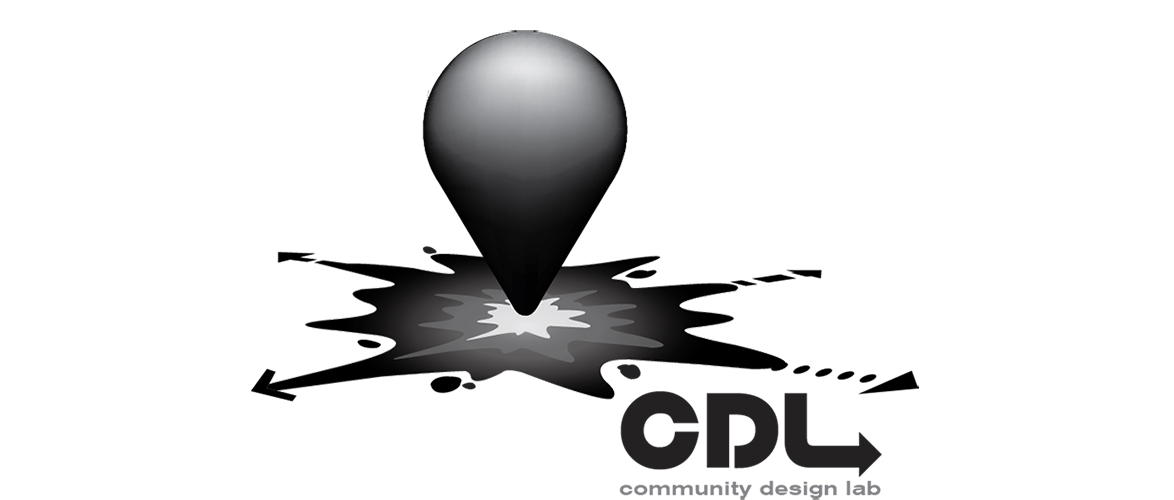
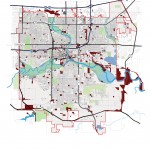
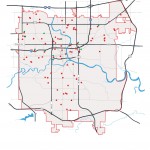
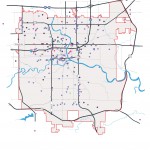
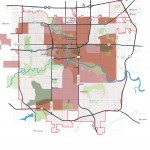
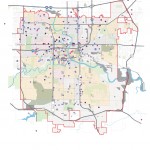
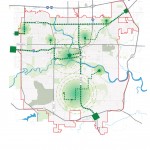
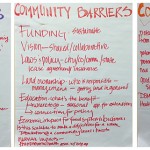
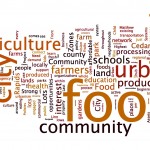 Previous Post
Previous Post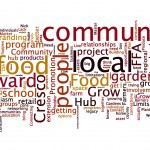 Next Post
Next Post